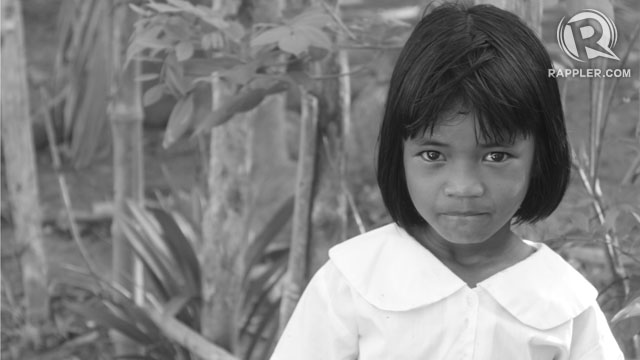SUMMARY
This is AI generated summarization, which may have errors. For context, always refer to the full article.

MANILA, Philippines – The Department of Education (DepEd) allotted P100 million to finance education capacity-building initiatives for indigenous peoples (IPs).
“This is part of our commitment to achieve the Education for All (EFA) 2015 targets and the Millennium Development Goals set by the United Nations which we are duty bound to fulfill,” Education Secretary Armin Luistro said in a statement on Wednesday, June 12.
The allocation was made a week after Luistro’s visit to Culion, a town in Palawan populated by Tagbanuas.
The allotted fund will be distributed to 100 divisions in 15 regions for this school year.
The 15 regions are: Ilocos, Cordillera, Cagayan Valley, Central Luzon, CALABARZON. MIMAROPA, Bicol, Western Visayas, Central Visayas, Eastern Visayas, Western Mindanao, Northern Mindanao, Southern Mindanao, Central Mindanao, CARAGA and Central Office (NCR).
The fund goes to DepEd’s IPs education (IPEd) program. Luistro said strict implementing guidelines will be followed in disbursing the money.
The IPEd program responds to the indigenous peoples’ right to education that is “responsive to their context, respectful of their identity and supportive of the value of their indigenous knowledge, skills and other aspects of their cultural heritage.”
The money may be used to fund at least 3 major purposes — 1) train DepEd teachers and personnel to be effective IPEd implementers, 2) build advocacy and partnership programs within DepEd and other organizations, and 3) establish “baseline and situational analysis” on IPEd in order to create a database for the IPs.

In an earlier interview with Rappler, Luistro said the implementation of national programs must only be done after consultation with stakeholders.
“I’ve always felt that the small voices of change in the department must be heard… I think it’s a wonderful experience for anyone who conceptualizes a national program: to go to the field and see and hear those voices of change.”
He said his visit to Culion was both an articulation of his personal conviction and what feels the department should be moving towards.
“If we’re not going to [visit], I think we’re coming up with a policy from an ivory tower. This is not about majorities; this is about individual teachers, maybe in the margins, and ensuring that the department is for them as well. Or maybe, should be for them.” – Rappler.com
Add a comment
How does this make you feel?
There are no comments yet. Add your comment to start the conversation.